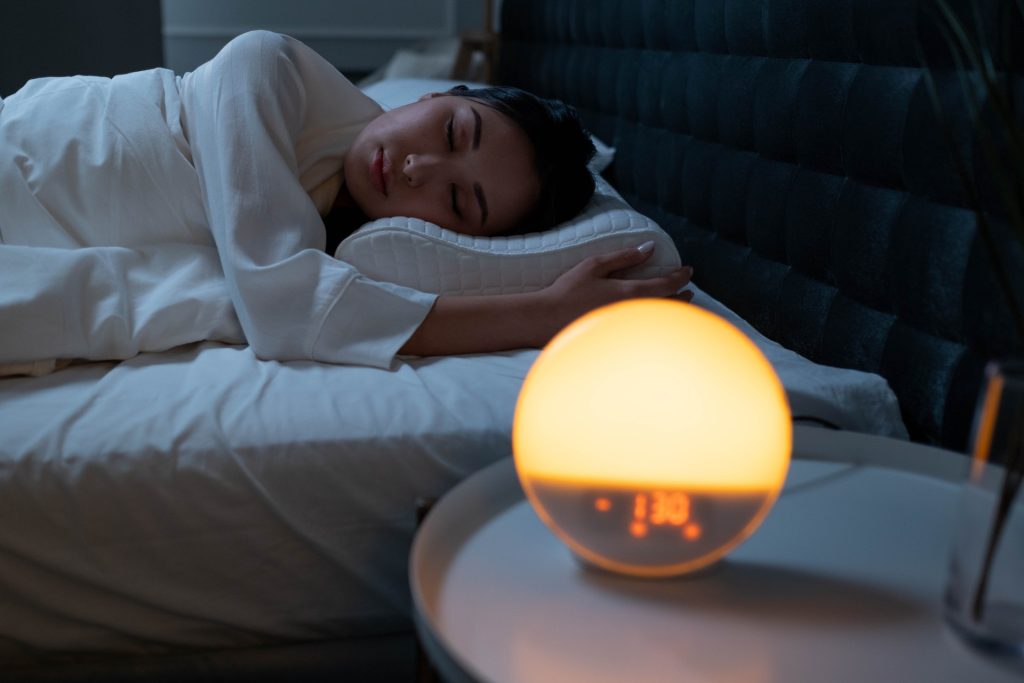
With heatwaves becoming increasingly common around the world, researchers examined how outdoor nighttime temperature changes affect body temperature and sleep quality. Their literature review published in the Journal of Sleep Research, the researchers suggest that high, uncomfortable temperatures can disrupt sleep by interfering with the body’s normal thermoregulation ability.
A recent study found that on average in Europe, the number of days with extreme heat (ie >99% percenticle) has tripled since 1950. Even temperatures on extremely hot days have increased by 2.3 °C throughout the same period. In the future, these heatwaves will be more frequent and of longer duration. Of particular concern is that nighttime temperatures will increase more than daytime ones – and high nighttime temperatures are associated with increased mortality risk.
The authors, from the European Insomnia Network, note that there are certain groups such as older adults, children, pregnant women, and individuals with psychiatric conditions, who may be especially vulnerable to the sleep disruptive effects of heatwaves. They also offer several coping methods adapted from elements of cognitive behavioural therapy for insomnia.
“This paper is considered to be important and timely to disseminate expert recommendations to the research and clinical community as well as to the general population,” the authors wrote. “Nevertheless, it points out several areas of research which are still lacking, especially for specific populations. Even more important, literature evidence is still scarce.”
Source: Wiley

